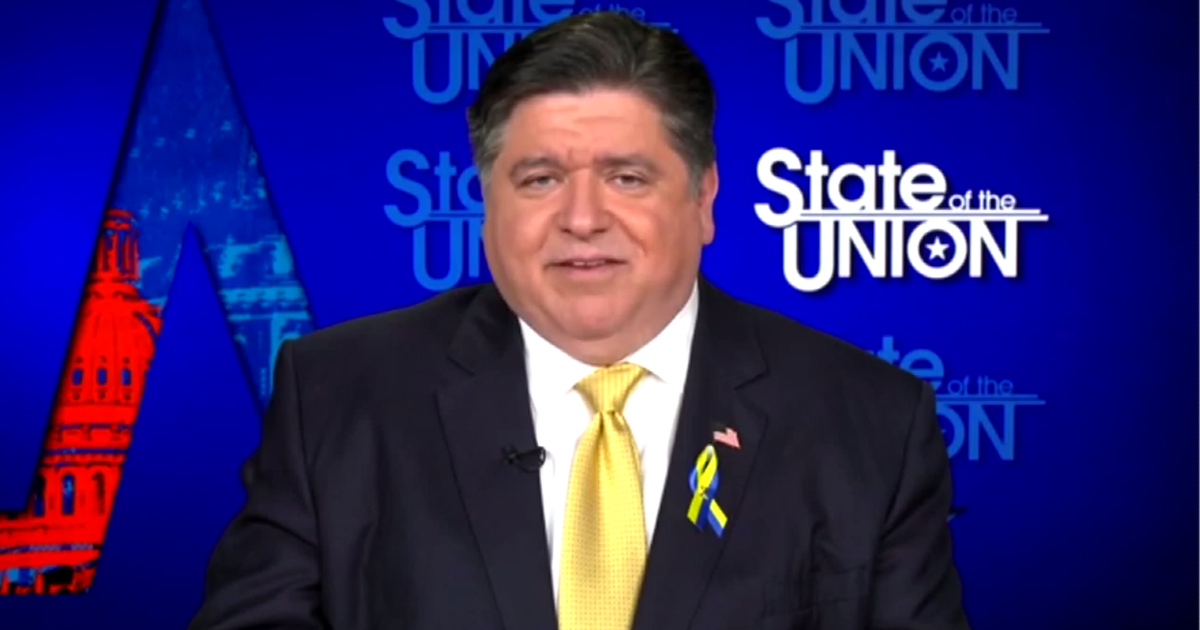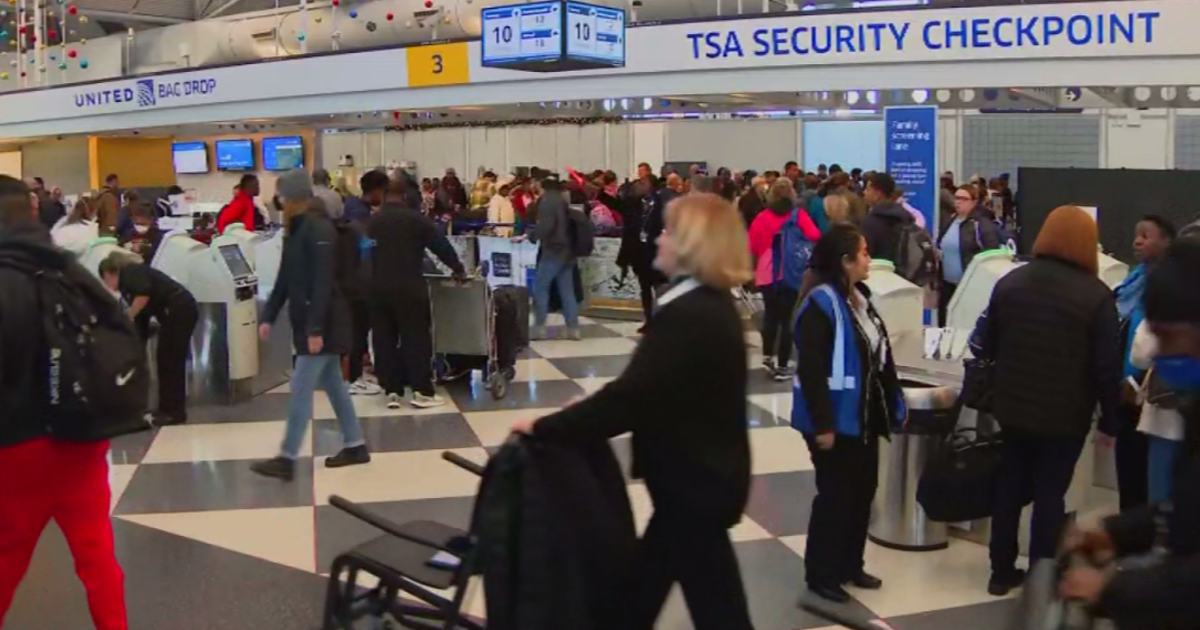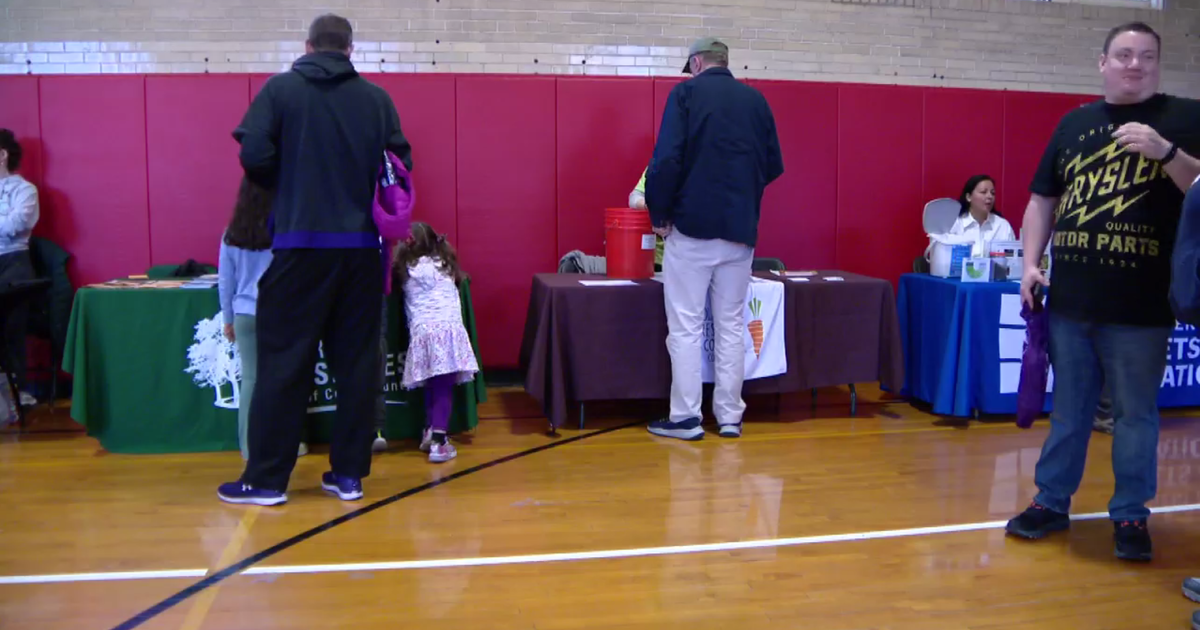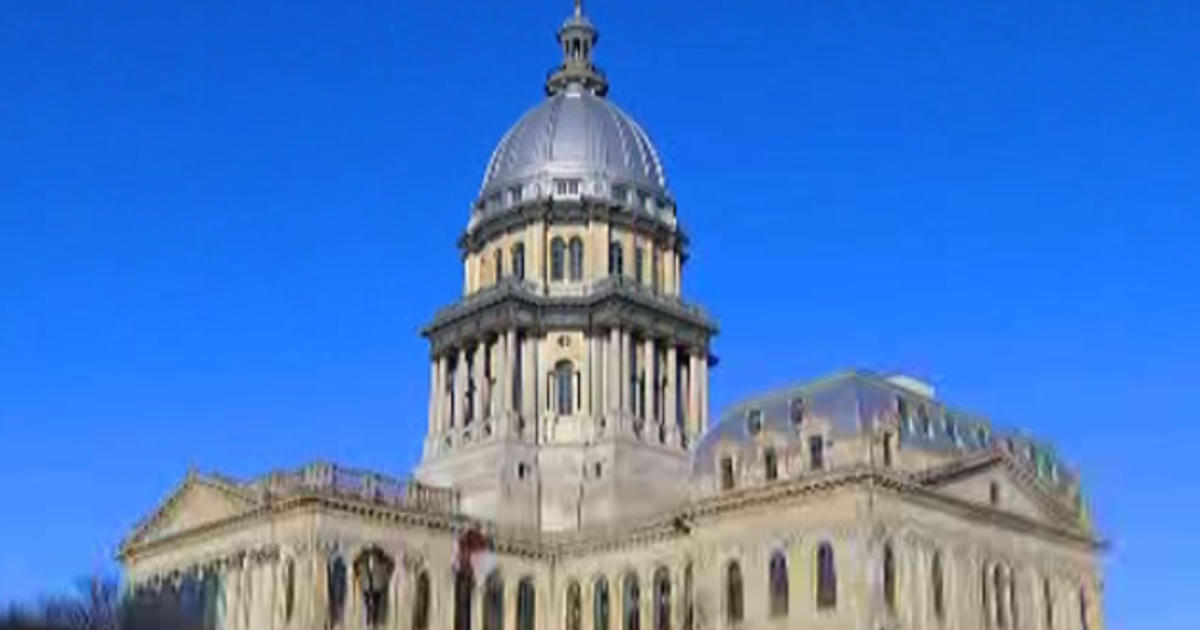Religious Leaders Urge Voters To Back Graduated Income Tax Plan; Conservative Group Sues Over Ballot Language
CHICAGO (CBS/AP) — Dozens of clergy members are encouraging working class Illinois residents to vote yes on a proposed constitutional amendment to move Illinois to a graduated income tax, while a right-leaning policy group is seeking changes to the official language explaining the plan to voters.
Tens of millions of dollars already have been spent by groups opposed to and in favor of Democratic Gov. JB Pritzker's plan to switch from a flat income tax to a progressive income tax. Illinois voters are being asked to approve the change through a ballot initiative this November.
Several pastors and other religious leaders gathered at the Thompson Center on Tuesday, urging working class voters to vote yes on the graduated income tax plan. They said the current flat tax places an unfair burden on the working poor and middle class, and they believe millionaires and billionaires should pay a greater share of taxes.
"It's criminal to have to have the working poor bear the burden, while millionaires and billionaires get a free pass," said Rev. Ira Acree, of Greater St. John Bible Church.
Rabbi Max Weiss, of Oak Park Temple, said it's a moral issue.
"A budget is a moral document. Every decision about how we raise and spend money should be shaped by our moral lives. The current flat tax in Illinois is immoral and places an unfair burden on the most vulnerable citizens in our state. The Fair Tax is a step toward a more equitable Illinois," he said in a statement.
Opponents of the graduated income tax plan have said it will hurt small businesses, and the Illinois Policy Institute, a conservative think tank aligned with the Republican Party, has filed a lawsuit challenging the ballot language of the proposed constitutional amendment.
Their lawsuit, filed in Cook County Circuit Court, contends the explanation of the amendment on the ballot for voter approval is misleading and needs court-ordered clarification.
The Illinois General Assembly in May approved the language in the proposed amendment that is atop the Nov. 3 ballot that explains the pros and cons of adding a graduated rate to the income tax system. The lawsuit contends misleading statements in the ballot explanation and pamphlet are dangerous to retirees.
"Like the ballot explanation, the arguments in favor include several misleading statements including, among others, a misleading statement that, upon information and belief, will induce retirees into voting to impose on themselves a tax on retirement income," the lawsuit, filed by the group along with three retirees, contends.
However, the proposed amendment would not affect the state's current ban on taxing retirement income. Doing so would require a separate change in state law.
Vote Yes for Fairness chairman Quentin Fulks said the Illinois Policy Institute's lawsuit is an attempt by an organization bankrolled by the wealthiest people in the state to ensure the burden remains on middle- and working-class families while millionaires and billionaires avoid paying their fair share.
"When the facts aren't on your side, you're forced to rely on blatant stunts and outright lies and that's exactly what we're seeing from the Illinois Policy Institute today," Fulks said in a statement.
Fulks said his organization will continue to be focused on educating voters on how the Fair Tax will help them and their families.
The graduated income tax plan on the November ballot does not set specific rates, but if the constitutional amendment is approved by voters, the Illinois General Assembly already has approved new tax rates that would reduce income taxes on many people, and increase them only for income above $250,000.
Pritzker has said the rates approved by state lawmakers would lower taxes for 97% of Illinois taxpayers.
The current 4.95% tax rate would be cut to 4.75% for the first $10,000 of income for single and joint filers. Income between $10,000 and $100,000 would be taxed at 4.9% for single and joint filers, and the rate would stay at 4.95% for income between $100,000 and $250,000 for single and joint filers.
For single filers, income between $250,000 and $350,000 would be taxed at 7.75%, income between $350,000 and $750,000 would be taxed at 7.85%, and income above $750,000 would be taxed at 7.99%.
For joint filers, income between $250,000 and $500,000 would be taxed at 7.75%, income between $500,000 and $1 million would be taxed at 7.85%, and income over $1 million would be taxed at 7.99%.
(© Copyright 2020 CBS Broadcasting Inc. All Rights Reserved. The Associated Press contributed to this report.)






